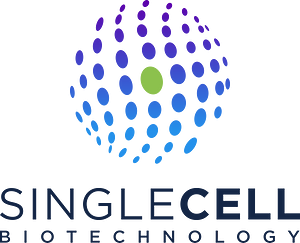- Startups
- Startups Our ecosystem gives innovators across industries exactly the resources, networks and support they need to thrive.
- Commons Find your place at the center of gravity for entrepreneurs in Texas.
- Browse the Startups Check out our rockstar entrepreneurs and startups, and discover how you can join them at Capital Factory.
- Mentors Search our solar system of wise mentors, and learn how and why they offer their time.
- Portfolio Careers Start your next adventure with one of our portfolio companies.
- Startups Our ecosystem gives innovators across industries exactly the resources, networks and support they need to thrive.
- Funding
- Ventures Capital Factory backs its startups through three distinct funds that go beyond the typical VC scene.
- All Access Fund Find out why All Access is reserved for only the best talent and high-potential ventures.
- Texas Fund Connect with our team to learn why we believe Texas is the most promising technology investment.
- Fellowship Fund Discover how—and why—we’re investing in the network created by the Henry Crown Fellowship.
- Ventures Capital Factory backs its startups through three distinct funds that go beyond the typical VC scene.
- Partners
- In-Person
- Online

All Access Fund
Partners Fund 2023
Single Cell Biotech
About Single Cell Biotech
Problem: Cancer is the 2nd leading cause of death in the US (600K/year) and there is limited progress in the direction of preventing cancer cell metastasis, the leading cause of most cancer deaths. The vast majority of cancer research targets rapidly dividing tumor cells leaving the lethal population of metastasizing cells untouched. More than $200B is spent annually on cancer treatment in the US, $18B spend on cancer drug discovery. 98% of cancer drugs fail to gain FDA approval. In order to develop better drugs, doctors need to have tools to study cancer metastasis in addition to rapidly dividing cancer cells, so they can increase their success rate and provide better treatments. Solution: SingleCell Biotech developed a suite of high throughput drug discovery tools to evaluate and test the three hallmark phenotypes of metastatic cancer consisting of migration, dormancy, and single cell clonogenicity. Data generated from the devices gives doctors unique insights into the aggressiveness of the cancer (does the cancer migrate) and how that particular cancer reacts to various drug treatments in these states. There is no FDA clearance required. They plan to monetize the devices in 4 ways: (1) Device Sales, (2) CRO Services (licensing the devices to labs), (3) Drug Discovery, and (4) New Target Discovery. It costs them ~$150 to make one high throughput well plate device which they can sell for ~$1000 each.Single Cell Biotech spun out of UTSW and the team currently offices at the Pegasus Park BioLabs facility. UTSW received a small portion of equity (4%) and signed a licensing agreement to receive 3% of device sales.

